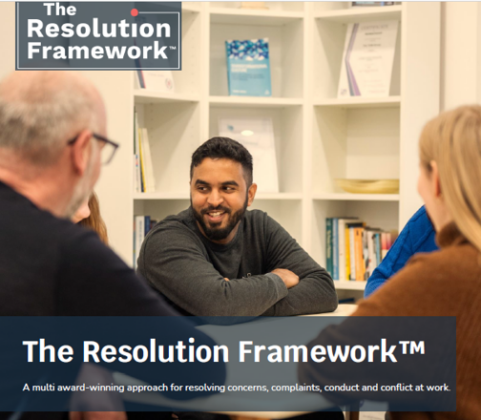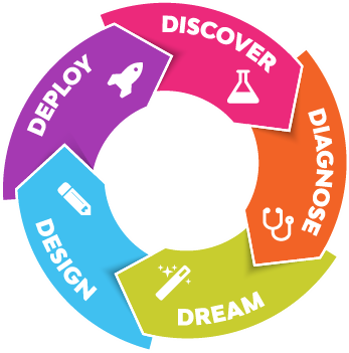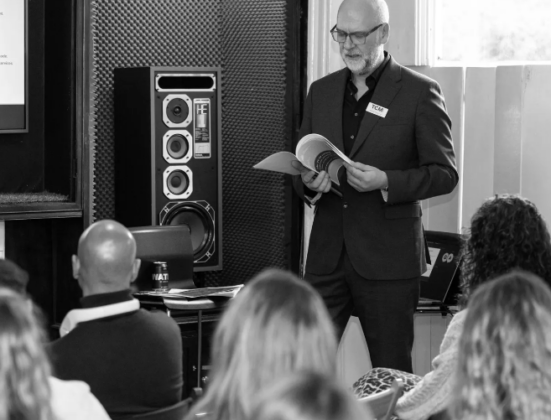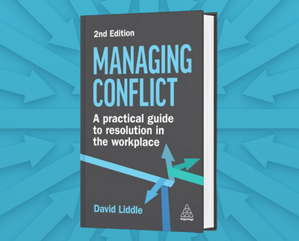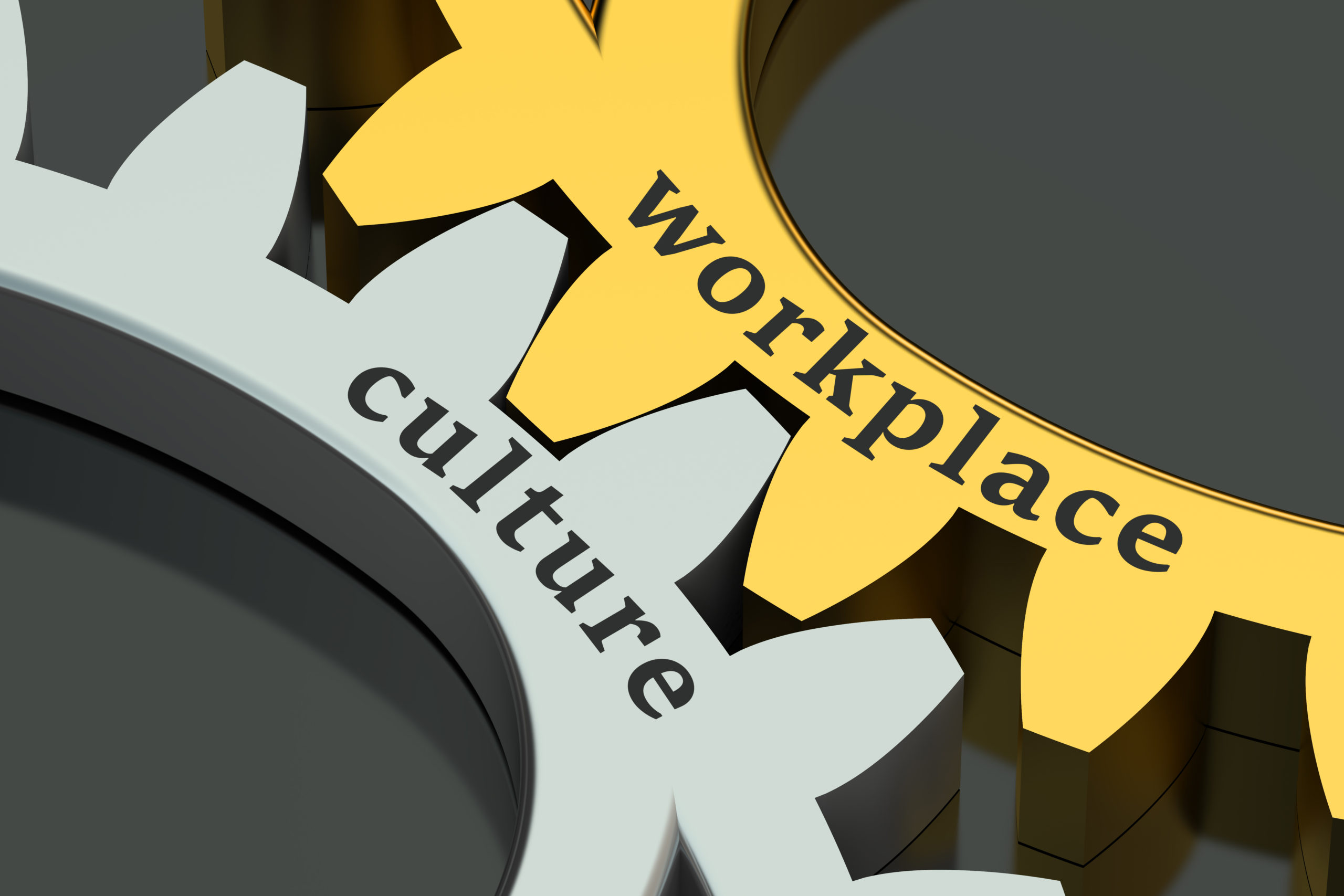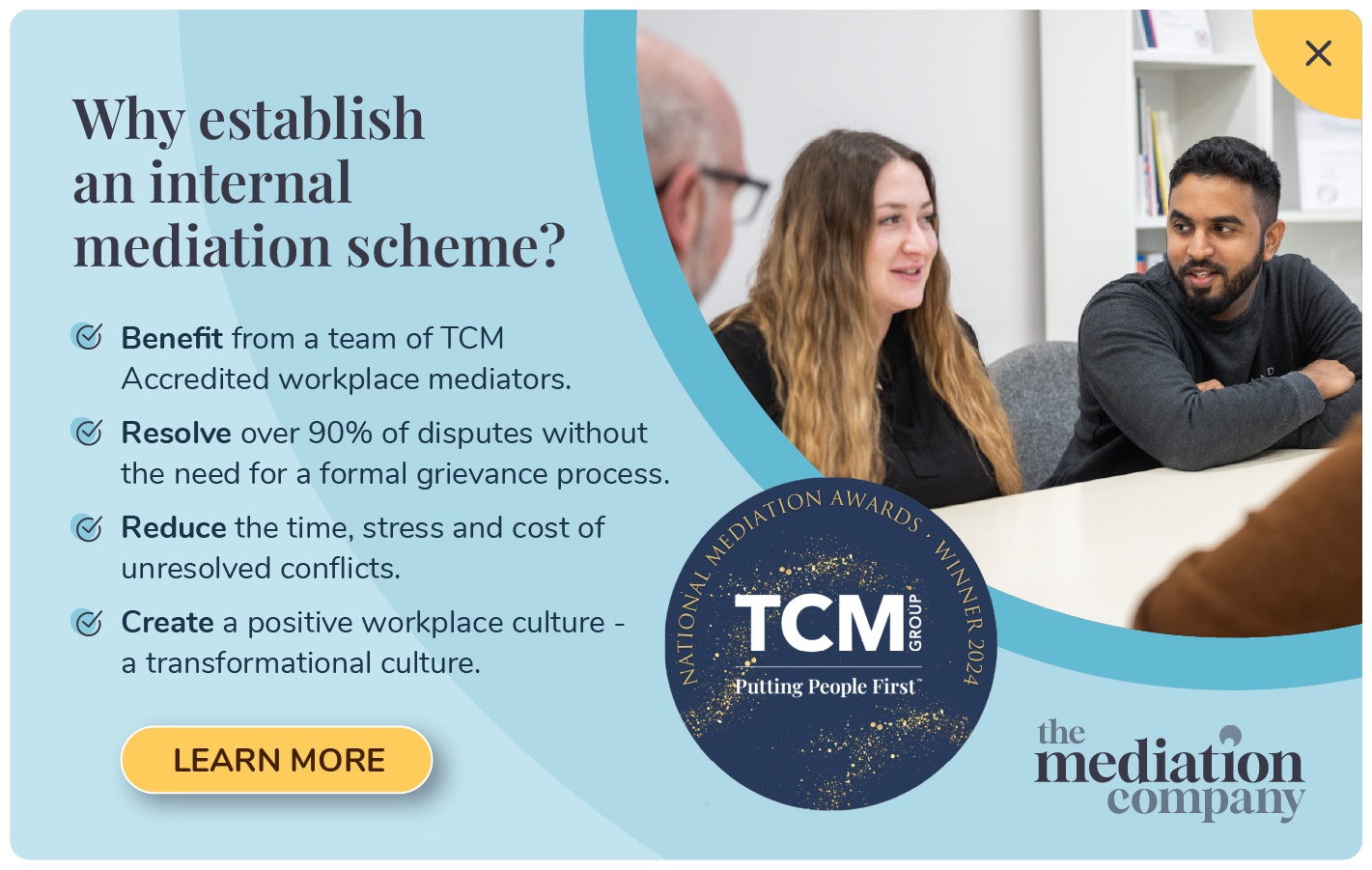
Share article:
Tags:
The Resolution Framework™ has been designed to propel the shift towards a more purpose-led, person-centred, and values-based workplace culture. Traditional discipline and grievance processes pull us back to a transactional, confrontational, and almost robotic way of dealing with human issues. That doesn’t correlate.
The latest organisation to make the shift is Burberry, a British luxury brand headquartered in London. Since being founded in 1856, Burberry has been guided by the core belief that creativity opens spaces; from developing outerwear that allowed diving explorers to surpass the limits of human endeavour to being a luxury pioneer in the digital space. Burberry’s commercial purpose is to unlock the power of imagination, to push boundaries and to open new possibilities for their people, customers, and expert committees. This purpose has translated to the Resolution Framework as Burberry continue to breathe life into their values.
This case study was created with the support of Claire Salter, following a fabulous webinar where se explained the Burberry story and why they have adopted TCM’s Resolution Framework™
Matching values to culture
“It felt radical to move away from a formal process, but at the same time, it just made sense. It pulled us away from a transactional process and towards a values driven, culture focused practice.” explained Claire
Employee Relations at Burberry are working really closely with values as a part of the Colleague Experience team. This team is made up of experts and specialists looking not just at employee relations, but engagement and wellbeing that colleague communications. Having that overarching emphasis on the colleague experience means that we’ve constantly got that core focus on culture, which is so very, very important for us.
From then to now
Gabardine is the fabric that Thomas Burberry invented and that all Burberry trench coats are made from. It’s a breathable, weatherproof, and hardwearing fabric that revolutionised rainwear. It’s also a bit of a nod to the freedom that his products gave to the pioneering explorers that wore Berber clothing, and the open spaces that that they explored.
Today, Burberry’s purpose is underpinned by our values – of taking something practical and transforming it into something purposeful. As a business, we’re creatively driven, forward thinking, open, caring, and proud of their heritage.
“Burberry doesn’t just have values on a piece of paper. We really do live and breathe our values. We know that our people perform at their best when they feel supported, so by embedding our values in everything we do, and communicating our purpose in meaningful ways, and enhancing colleague experience by designing it in collaboration with our people, ensures that their needs and perspectives are reflected in the support that we’re offering. Our focus on a creating a culture of belonging and inclusion is absolutely razor sharp as we look forward and reimagine our workplaces – that’s why we chose the Resolution Framework. It was for our people.”
Guided by colleagues
Gathering feedback from our colleagues about their experiences at Burberry has been key to making sure that we maintain this focus, and that our policies, processes, and initiatives reflect the support that our colleagues need to thrive. Over the course of the last three years, we’ve been running two surveys annually to better understand colleague engagement, and to check in on relevant topics along the way. One of those check ins was a culture focus survey: it gave colleagues an opportunity to tell us more about their experiences of our culture, and the behaviours that they’re observing while at work.

Through the feedback that we received, we know that whilst colleagues are positive about being able to speak up at Burberry and raise their concerns, there are opportunities to further embed a culture of trust and openness around speaking up, but also significantly to evolve the way that we deal with conflict at Burberry. So, currently, colleagues can raise issues through multiple channels. That could be directly with a leader via HR or through Burberry Confidential, which is our whistleblowing helpline. What we see is that colleagues are quick to move to the more formal processes and they will often raise their concerns anonymously when they use the Burberry Confidential helpline. That’s the case even when those concerns relate to what we would typically describe as a HR matter.
With this feedback through the engagement surveys and with what we were seeing anecdotally, we wanted to explore how we could encourage that informal, constructive version of issues at an early stage.
“We know that conflict is unavoidable, but we know that when it’s handled well, it can be a driver for positive change. In fact, we strongly believe that that positive and constructive conflict can fuel our creativity. And as a creative business, creativity is at the core of everything we do. That’s what excites us about implementing a Resolution Framework – it’s an opportunity for us to reframe the conversations that we’re having about conflict across the business. It gives our leaders the tools and the space that they need to be able to resolve those issues early, informally and constructively. The TCM approach – and this is important – aligns with our purpose, creates space for people to engage in constructive dialogue, and provides the ability to facilitate open and honest adult-to-adult conversations.”
As part of our open and caring company value, it’s an opportunity to enhance that colleague experience. It’s also an opportunity for us to do something globally. By creating that global framework, we can ensure that all of our colleagues, regardless of the country where they live or work, have a consistent experience with a framework to support them in resolving their concerns and to encourage positive lasting outcomes.
Ready for launch
We’ve been able to work with the TCM team to understand which aspects of the framework are most important to us. Together, we’ve come up with a version of the framework and a plan for implementation that suits the needs of our business based on where we are right now.
We will be launching our framework later this year. In the UK, this will replace our grievance process, but it won’t currently replace our disciplinary procedure or our performance improvement process. The framework will sit within a resolution hope that we’ll be hosting on our intranet for colleagues with toolkits to support colleagues and leaders. Essentially, our colleagues will be guided towards the most appropriate route. And I know Stephens going to talk to you about that in a moment.
Outside of the framework handling most matters, Burberry Confidential will be used for whistleblowing concerns. When designing our framework, communication has been key to the launch – thinking about our unique language and scaffolding to support the implementation. It’s also been important to get our senior leaders on board early on; our Chief People Officer as a key sponsor, along with our Vice President of Colleague Experience, and when we launch we plan to share videos of our senior leaders explaining why conflict resolution is important to them and important for all of us. The approach needs to be consistent across the organisation as we want to implement it globally. To support this, we’re working with a team that looks after our whistleblowing website to ensure that there’s that consistency of language between the framework, the whistleblowing policy and the website.
Alongside this, we need to communicate, train and educate people. So there’s a real opportunity there. We’ll be running investigations training that happens very soon, online conflict training, and some function-specific interventions. We’re also working with our HR colleagues to help them understand the roots to successful resolution, and give them the tools to successfully coach leaders who are experiencing conflict situation. It’s part of a wider programme of transformational initiatives designed to enhance that colleague experience and, really importantly, to reinforce our culture.
“You can’t stop the waves, but you can learn to surf. And I think that managing conflict is a little bit like this: we can’t stop conflicts happening. In fact, we know that challenging conflict can actually be positive. But by putting in place a framework, we can help our colleagues and our leaders create that space, resolve conflict and just take the benefits that come with constructive and lasting resolution.”
If you’re ready to start your own resolution journey, you can contact our People and Culture Strategy co-ordinator here for a no obligation conversation. Design and deploy your dreams.
If you missed the webinar and you’d like to catch up, you can watch the full recording below:

